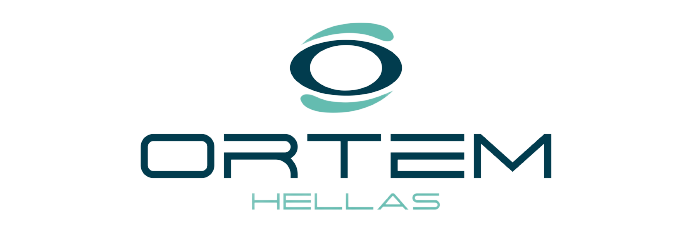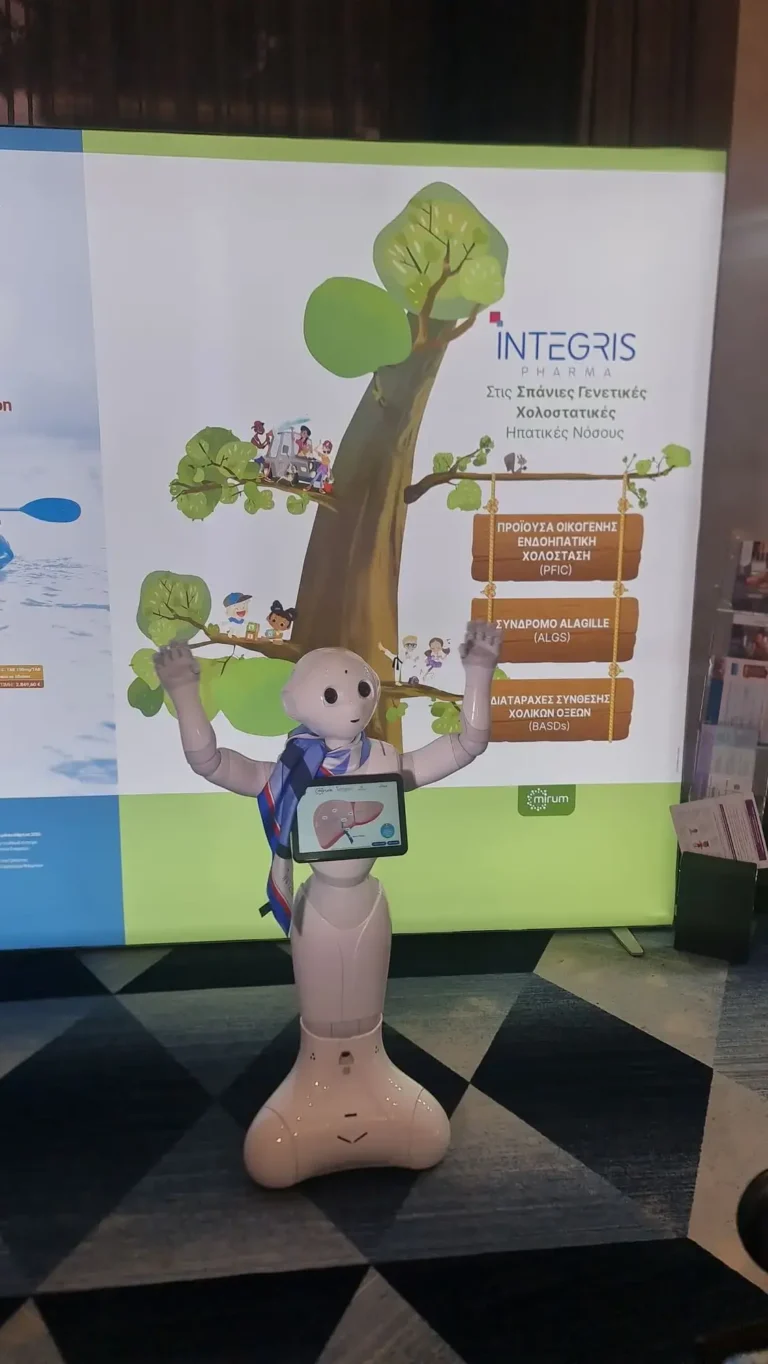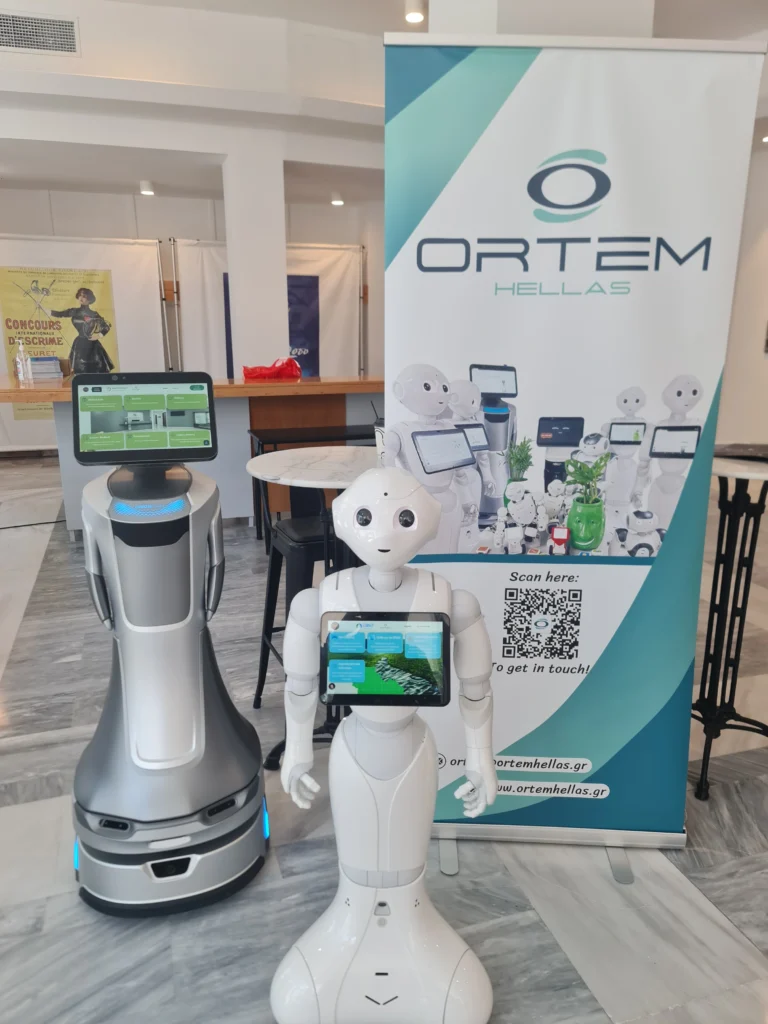Abstract
Artificial intelligence (AI) is one of the most important and rapidly developing fields of modern science. This article analyzes the theoretical foundations of AI, its practical applications in various fields, as well as the challenges and ethical concerns raised by its use.
- Introduction to Artificial Intelligence
AI refers to the ability of machines to perform tasks that require human intelligence, such as learning, decision-making, and pattern recognition. The term was coined in 1956 by John McCarthy, and since then, AI has evolved from simple rule-based systems to complex learning algorithms.. - Basic Technologies of TN
- Machine Learning: Algorithms that improve through data, without explicit programming guidance.
- Neural Networks: Inspired by the functioning of the human brain, they are used to process complex data.
- Reinforcement Learning: Models that learn through interaction with the environment and reward feedback.
- Applications of TN
- Medicine: Cancer detection through medical image analysis, development of personalized therapies.
- Autonomous Vehicles: TN software processes data from sensors for safe navigation.
- Finance: Market analysis, fraud detection, and automation of investment strategies.
- Digital Assistants: Software such as ChatGPT, Alexa, and Google Assistant rely on AI technologies for natural interaction with users.
- Advantages and Challenges
- Automation: Improving productivity and reducing costs.
- Accuracy: Processing large volumes of data with accuracy that exceeds human capabilities.
However, there are challenges such as: - Ethical Issues: Who is responsible when AI fails?
- Data Security: The use of big data raises privacy concerns.
- Job Replacement: Automation can replace people in traditional jobs.
- The Future Direction of TN
- Artificial General Intelligence (AGI): Creation of machines with general cognitive abilities similar to those of humans.
- Combination with other technologies: AI combined with quantum computing will enable data processing on an unprecedented scale.
- Self-regulating systems: Machines that adapt and improve without human intervention.
- Conclusions
Artificial intelligence is radically changing the world, offering enormous possibilities but also significant challenges. The balance between innovation and ethics is a key factor for the successful integration of AI into our society.



